From the very beginning of my education, I have been dreaming about going abroad to study. I wished to compare the level of living, education and just to open new horizons. MPEI has many cooperation programs with universities from different countries, and I was offered visiting one of them to study at TU Dresden on Agricola Scholarship.
The main requirement to study for me was a sufficient English level. I advise everyone who is going to study abroad to think about that in advance. By the way the knowledge of German would also ameliorate the range of study fields in TU Dresden and simplify the life in Germany as well.
Adapting to the German medium is easy; everybody is friendly and ready to help solving any problem.
My groupmates came to Germany from different parts of the world: from Europe, Latin America, Africa and Asia, united by their willing to have high-quality formation.
There were many Russian students there. At the shops, in the streets you can hear Russian language, especially at Dresden museums and galleries. This takes by surprise.
The education goes intensely and in a captivating way, despite all the lectures and practice in my course were in English. This helps to see the common ideas from a different angle.
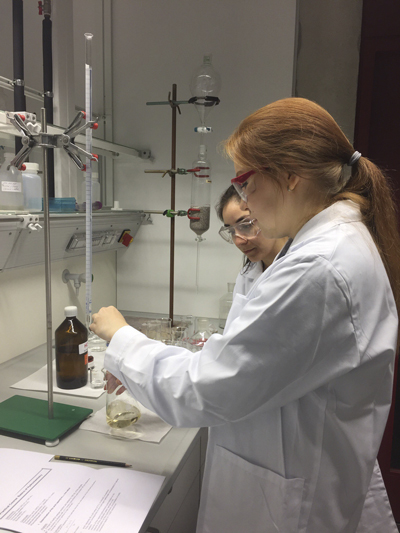
Laboratory work in Hydrochemistry
The sightseeing is also widely practiced. The conditions of the Agricola scholarship allow choosing only the subjects of interest for your study plan. Besides, there is an opportunity to follow the courses of foreign languages, which I made profit of.
The level of the Russian education is highly valued here, and the professors have marked this fact frequently. The concern for engaged students is very deep.
The leisure time is various. If desired, one can stay in the friendly ambiance all day long. We organized BBQ-s, common meals in different national cuisines, mounted to Sachsische Schweiz and hiked in the wonderful Saxonia.
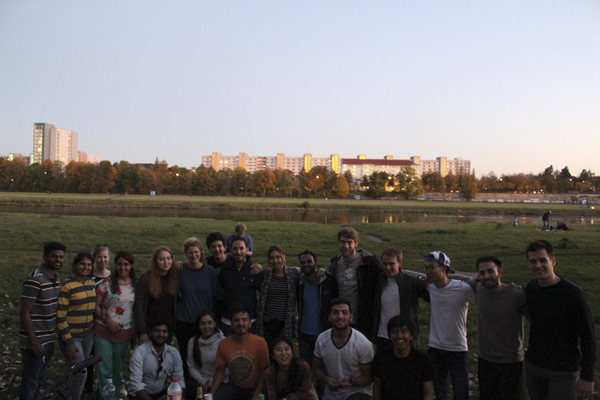
Barbeque with my group on the shore of Elba
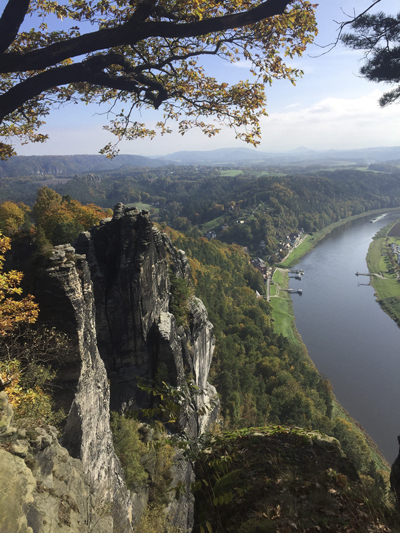
Mountains in Sachsische Schweiz
The main expenses are accommodation in a corridor dormitory, room for one – 200 euro per month, insurance – 85 Euro per month, mobile phone around 15 Euro per month and some money for alimentation. Student’s card grants you free transport in Saxonia and opportunity to visit the curiosities of Dresden with a considerable discount.
There is a prospect of doing your Ph.D. thesis in Dresden, and the majority of foreign students aim for that. But for further progress and finding a well-paid job it is indispensable to know German language.
I’m very glad that I had such an opportunity to study in Dresden. Being here makes me feel changing, filling me with wonderful events and meetings with interesting people.
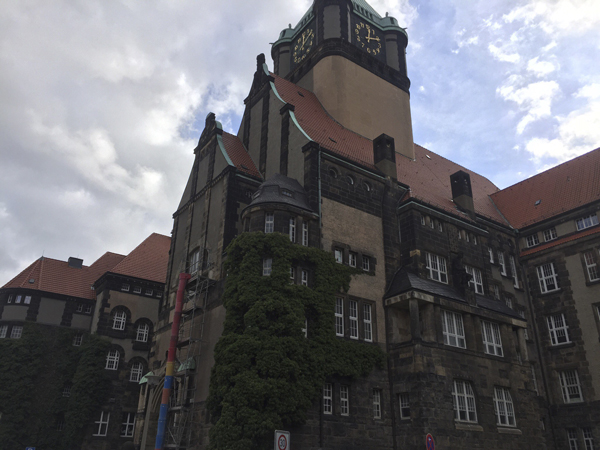
One of the University campuses, former police station with a little Hogwarts inside
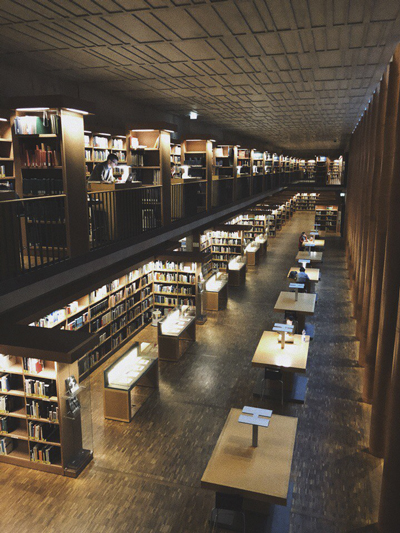
A very huge University library, with most of the space underground
I would also like to share my special gratitude to the Head of the Department of International Relations Elena Gulicheva and my scientific supervisor Konstantin Orlov for their help and support in organizing my scholarship.
Danke.
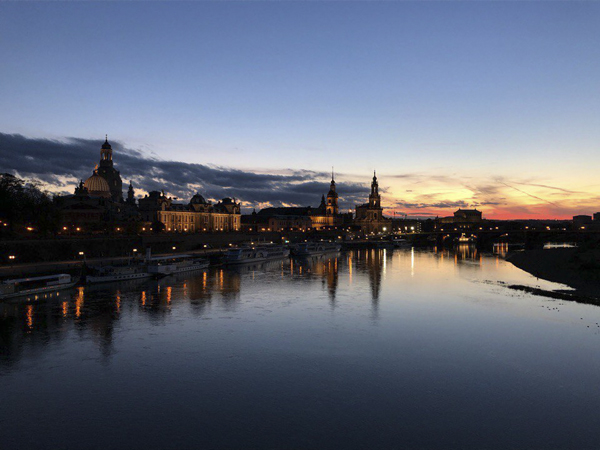
Dresden at night